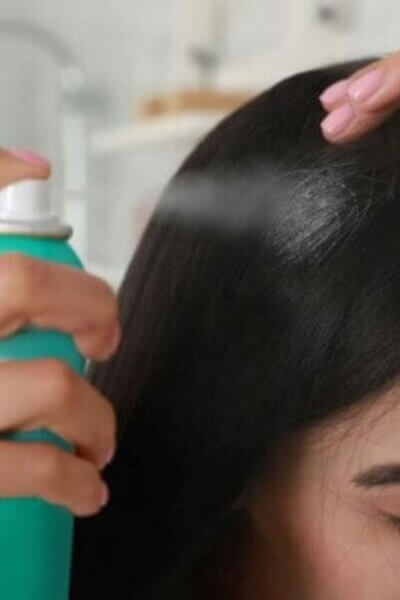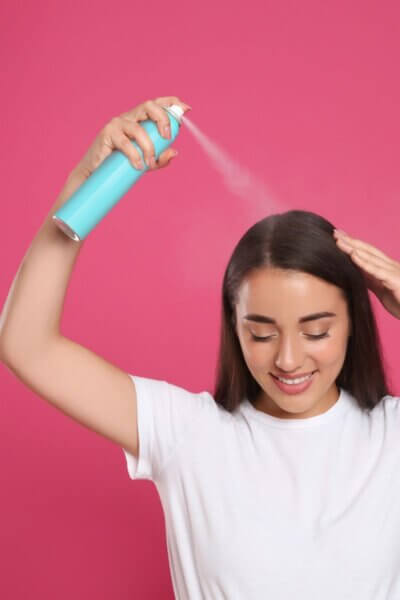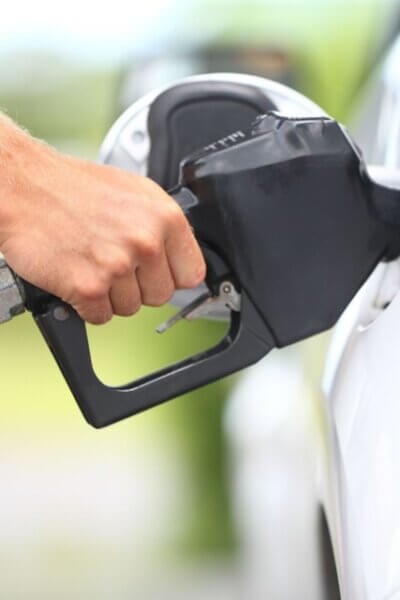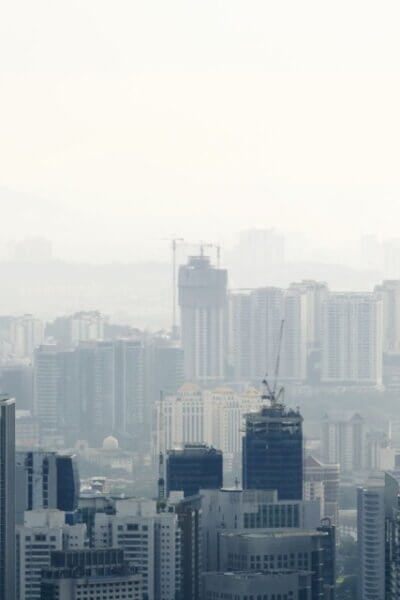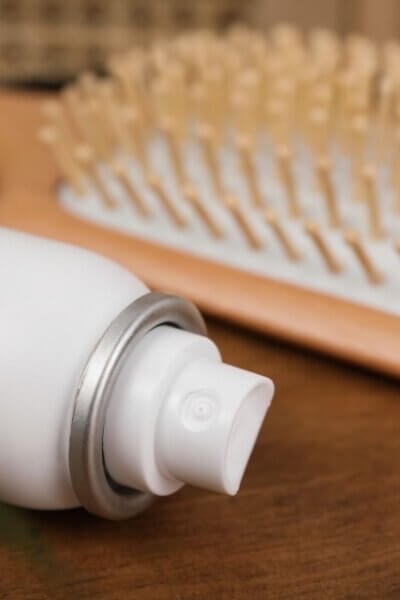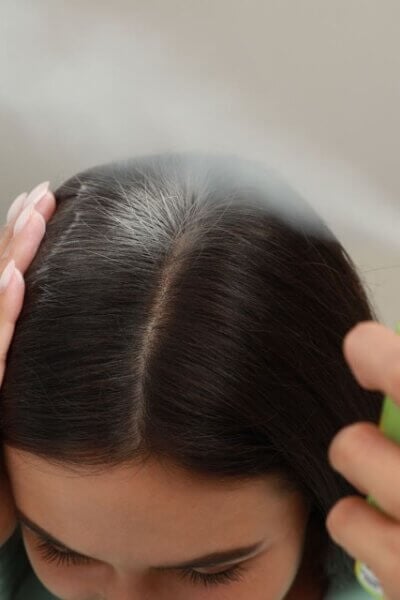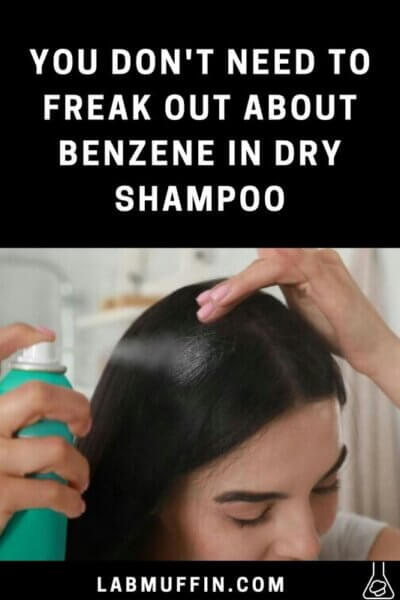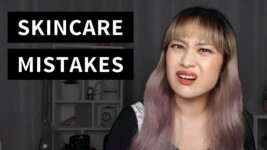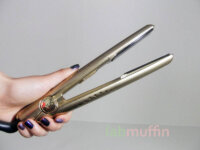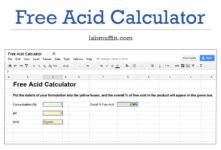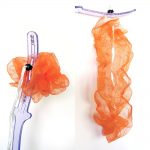There’s been another beauty product recall because of benzene.
This time it’s dry shampoos produced by Unilever, including products from;
- Dove
- TRESemmé
- TIGI
- Suave
I’ve talked about benzene contamination in products before, specifically sunscreen. It’s a very similar situation this time. The key points:
Benzene is not intentionally added to products. Rather, it’s a trace contaminant that’s accidentally found its way into products (e.g. it might be an impurity that wasn’t adequately removed from another ingredient).
In Unilever’s case, they identified the propellant (the gas that pushes the spray out of the can) as the source.
Related Post: The Science of Hair Products: Shampoo and Conditioner
The levels of benzene found in beauty products have been very low. While Unilever haven’t disclosed the exact levels, they did say that:
“Based on an independent health hazard evaluation, daily exposure to benzene in the recalled products at the levels detected in testing would not be expected to cause adverse health consequences. Unilever U.S. is recalling these products out of an abundance of caution. Unilever has received no reports of adverse events to date relating to this recall.”
This is in line with previous recalls, where benzene was detected at single digit part-per-million levels.
Related Post: Will Benzene in Sunscreens Give You Cancer? (with video)
Benzene is a carcinogen, but it’s more likely to cause cancer with higher doses. In general, it’s mostly workers who encounter lots of benzene on a regular basis who have higher cancer rates.
For most of us, the main way we’re exposed to benzene is from petrol (gasoline), whether that’s filling up a car or just breathing city air.
The phrases “there’s no safe level of benzene” and “known human carcinogen” have been used a lot in news articles, and they do sound very concerning.
But the previously reported upper levels of 6 ppm translates to less exposure than you’d get from breathing city air for half a day. Given that propellant would be used at similar levels, the levels this time would be expected to be in the same ballpark.
Related Post: My Top (Mostly Cheap or Free) Haircare Hacks
It’s extremely unlikely that you would experience any immediate noticeable effects (e.g. dizziness, headaches) from the presence of benzene in your product. It’s much more likely one of the less exotic volatile ingredients in the dry shampoo, which is why it’s a good idea to use aerosols in a well-ventilated area and avoid breathing too much in.
Very low levels of benzene impurities are allowed in EU beauty products – again, highlighting that “no safe level” in toxicology doesn’t mean that any amount is harmful.
Different batches of the same product can have different amounts of benzene. To check if you’re eligible for a refund, make sure you match the UPC (barcode number) AND the lot code (the printed string of numbers, usually located at the bottom of the can) to the US list or the Canadian list.
Benzene contamination isn’t a sunscreen issue. It’s a lot more obvious now, but when the sunscreen recall happened there were people speculating that the benzene ring might have fallen off a sunscreen ingredient (this can’t happen).
As well as sunscreens and dry shampoos, there’s been benzene-related recalls for hand sanitisers and after-sun aloe vera gels as well.
Related Post: Will Benzene in Sunscreens Give You Cancer? (with video)
Voluntary recalls are a part of the regulatory systems in most regions. While the flood of news articles can be anxiety-inducing, the fact that brands and regulators are taking action before anyone is really getting hurt is a positive sign that beauty products are generally very safe.
The website for the recall is here.
